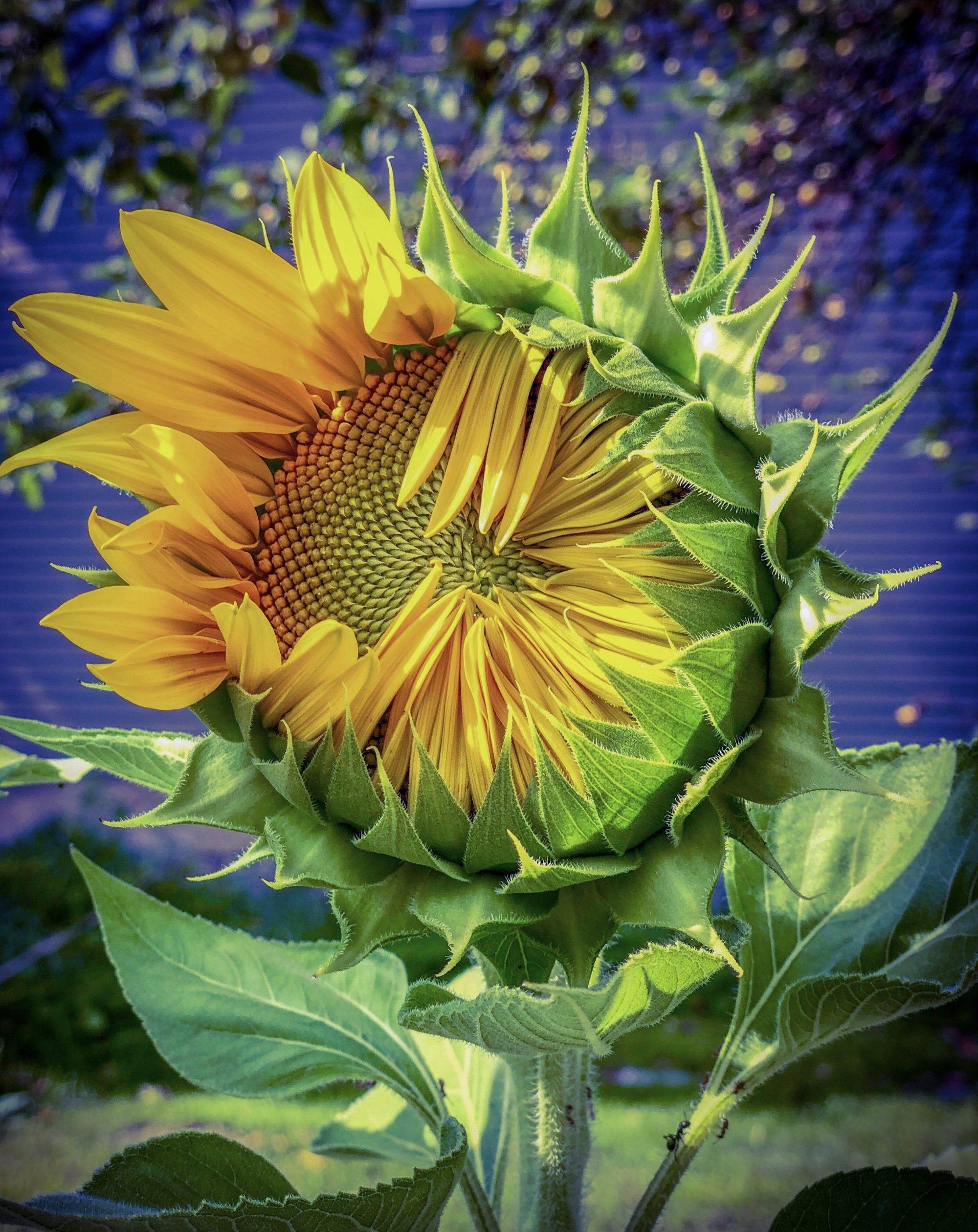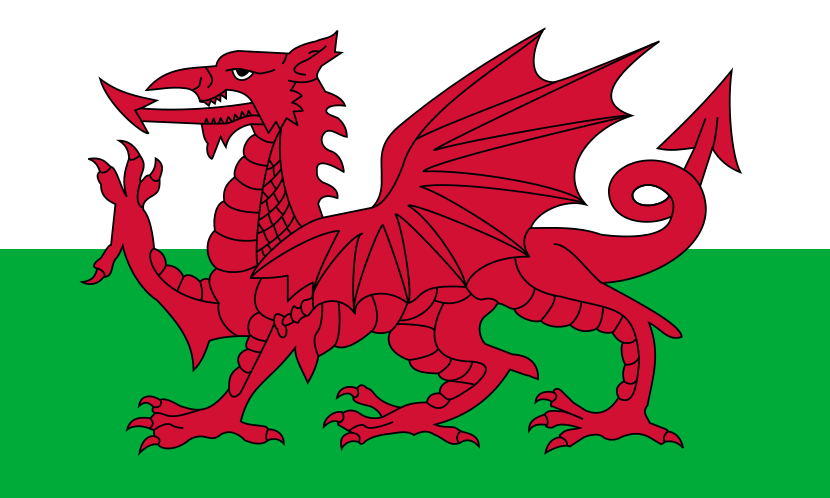To see a World in a Grain of Sand
and Heaven in a Wild Flower
Hold Infinity in the palm of your hand
And Eternity in an hour.
— William Blake
One day late last fall, I spent the afternoon with my friends Sarah and Jordon. I picked them up at their home, and we went for a walk under a canopy of trees, next to the local creek. During our walk, Sarah and Jordon gave me gifts of leaves and acorns and pine cones, each one more impressive than the next. “Oh, look at this one! I love this color! You can make a leaf bouquet!” Sarah informed me, handing me a leaf, and then another, and another, until I had two handfuls of discovered beauty. “I love this one,” she would say, unaware or ignoring that my hands were full, believing me capable of carrying limitless autumn beauty in ten fingers. “I love that one too,” I said, because I did. Not dead leaves, but molted treasures, each one had at least six or seven colors, textures to discover, autumn’s flowers, a universe in a leaf.
Jordon gave me an acorn cap, and authoritatively told me that it could be used as a drinking cup, if I took it home and washed it. He was very precise in his instructions. I believe he wanted to give me something useful, something practical, something enduring. He likes to give me rocks, also. Flowers and leaves fall apart. Rocks and acorn caps, not so much; he seems more inclined to give me rocks, pieces of shimmering asphalt found on the road, and, on this trek, pine cones and acorn cap cups. Whereas Sarah enjoys beauty, Jordan’s utilitarian, concrete and practical.
Sarah disagreed about the acorn cap’s usefulness. “No, there are bugs in the crack, you can’t do that. Bugs live in there.” She said with an older sister’s experience. To which Jordan answered, “That is why you wash it, and all the bugs come out, and then you can use it for water, you have to wash it out,” he said with emphatic desperation, and a roll of the eyes. Sarah disagreed. Jordon persistently gave instructions for how to overcome the hidden bugs problem.
This discussion went on for sometime, back and forth. To drink from the smaller than a thimble size acorn cap, or not to drink from the smaller than a thimble size acorn cap, that was the question — until a more important issue than hidden bugs in acorn caps caught their attention.
We came back to my place, made some art with glitter glue and watercolor crayons, signed and dated the masterpieces, delivered the works to their mother, then went up the hill to watch the sun play through the clouds and over the mountains.
The clouds were dense and dark over the White Mountains, heavy with water, and where the clouds broke light shafts lit parts of the valley. The sun was low enough to create intense, radiant beams through the clouds’ darkness, in a play of light and dark over the valley and mountains.
I’ve looked at this view tens of times for over a year, yet details I had never noticed emerged in the landscape, and for the first time I saw not a single valley, but tens of nestled valleys in and around the mountains’ foothills, the contrast between light and dark illuminating what was otherwise obscured to my eyes. Sarah, Jordan, and I perched ourselves on the old stone fence at the road’s summit to watch the light move through the clouds and over the hills, bright rays dancing among the mountain’s wooded undulations that lay hundreds of miles away.
We went home, when the sun dictated.
Later that evening, I received an email from Amanda: “Sarah told me this evening, ‘Mom, I had the best day!’ I asked her why. ‘Because I got to spend the day with Julia, got to do art with Julia, got to walk with Julia.’ There was a theme, there!”
I thought about my time with these children, this past year, some of which I’ve written about before. Sensitive, kind, creative, and thoughtful, Sarah and Jordan have taught me new lessons on love, trust, and how easy and carefree life lived well is.
They see the world through magic eyes: autumn’s flowers, acorn drinking cups, and the ease of days spent in trusting companionship.
******
As a child, I never used dolls to play make-believe mother. Bottle feeding and diapers held no interest. A Chatty Cathy type doll — but soft-bodied and cuddly — is one that I remember fondly. A doll that talked, and she had much to say when you pulled her string. No surprise that she won my heart. Her eyes went around and around, and she spoke about eleven phrases. “My eyes are magic, I can see through anything,” was my favorite. I wondered if she could see through my clothes. I wondered if she could see through the walls and into the neighbor’s house, and then see through their clothes. I doubted it, but I adored the idea of magic eyes that could see through anything, an impressive superpower for a girl’s doll.
Perhaps I never played Mother to my dolls was because my mother worked, and I never watched her caring for kids. It doesn’t matter. What does matter was that in my imagination, dolls were players in a universe of characters that had nothing to do with motherhood. My imaginative life was more like The Wizard Of Oz, a landscape of fantasy adventure in a faraway land, and sometimes I allowed the dolls and stuffed animals to come along.
Sometimes. I usually was happy simply acting things out in my imagination while drawing and singing to whatever music fascinated me that day. The Wizard Of Oz, Camelot, Jesus Christ Superstar, Godspell, Tubby The Tuba, Doctor Dolittle, come to mind at the moment. Thanks to Columbia House’s introductory offers, my mother and grandmother managed to collect most of the musicals, as well as Johnny Cash, Johnny Mathis, Frank Sinatra, and some classical music. I hated Beethoven’s Fifth, then. The opening notes frightened me, the banging sounded violent and hellish. At a young age, as young as five or six, I managed to move most of the LP’s to my room, except for the Beethoven, though I don’t remember consciously doing this, and there were never objections. I only remember that the records were always in my room, and that I was the only one who listened to them. Because my most prized possession was the old gray plastic phonograph player, given to me by a family friend.
If my dolls weren’t for mothering, it’s because they were treasured ornaments in an otherwise bleak domestic environment. A water pipe broke under the house, and for a couple of winters, perhaps three, because there was no money to move, water seeped in through the floors. The hallway, bath, kitchen, and dining rooms were wet and cold, the cement entirely soaked. The tiles lifted from the foundation, the pipes had been laid in cement, and the floor was so cold that shoes were mandatory. Shoes, not slippers. I was chronically sick with ear infections those winters because of the cold and dank. The house was ugly and wet and cold. Except for my musical sanctuary. I lined my dolls up on my pink and white fraying bedspread, making sure their dresses were perfectly displayed. Every doll and animal had a place, positioned just so everyday when I made my bed, in a precise and orchestrated play of doll and stuffed animal. This early compulsion about objects in their place likely shaped my creative neurosis, the need to impose order on chaos. They were unusually well cared for, because they maintained a beautiful illusion, and they did their job well. Even Magic Eyes — who I don’t remember ever naming, I remember only her superpower — wore our play together well because of my aesthetic fastidiousness.
The dolls were more than ornaments, though. I imagined they might think and feel, so they excited a preoccupation in the unseen and unknown: for a long time they were a mystery waiting for me to unravel. I wondered with a singularly strange obsession if stuffed animals and dolls came to life at night. Never during the day, of course, because they wouldn’t want to get caught. Their possible night life haunted me for several years, and I repeatedly tried duping them into thinking that I was asleep, so that I could catch them playing. I assumed they played. I didn’t know, but I imagined them dancing while I slept. Several times I set a yarn trap, so if they moved, I would be able to tell by the moved yarn. Unless they fixed it. If they knew I set the trap, they would fix the yarn, so that I wouldn’t discover their secrets. I started talking aloud to them, pretending to do one thing while actually setting the trap, so they wouldn’t catch on. Sometimes the yarn seemed to move, but I couldn’t be sure. I resorted to bargaining. I promised I would not tell anyone ever, if I caught them dancing or playing or doing whatever it was they did, while only half-heartedly believing it would work. I did this several times. They didn’t budge. At some point, I gave up, because it was too much work. I figured that they probably didn’t do anything when I slept, which made me sad, because I liked the idea of them coming to life, freed from their frozen drudgery. I also decided that if they really were running around in the middle of the night, they were too smart for me, and I wouldn’t be able to trick them.
I thought them full of powers and freedoms beyond me. So it seemed silly loosing anymore sleep trying to win a game played against a doll with magic eyes.
*******
In The Marriage of Heaven And Hell, William Blake writes:
If the doors of perception were cleansed, everything would appear to man as it is, Infinite. For man has closed himself up, til he sees all things thro’ narrow chinks of his cavern.
Magic eyes. William Blake wrote about magic eyes. He believed in eyes that could see through anything, see the “universe in a grain of sand.”


